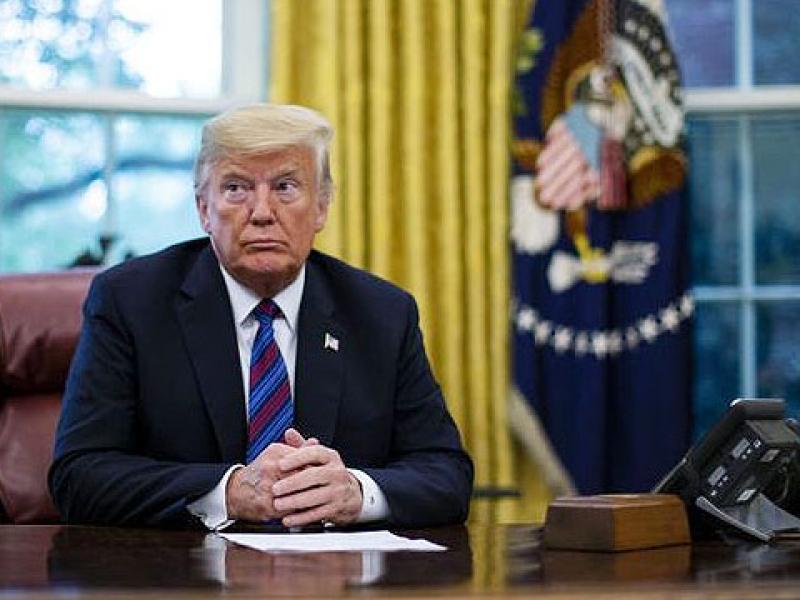
North American auto production and dealer inventory shouldn’t be affected by the mutually agreed upon decision by Canada and the United States to close its border, say industry stakeholders.
Prime Minister Justin Trudeau and President Donald Trump agreed Wednesday morning to close the border to non-essential traffic in both directions.
Trump first posted the news on Twitter just after stock markets opened.
“We will be, by mutual consent, temporarily closing our Northern Border with Canada to non-essential traffic. Trade will not be affected. Details to follow!” Trump tweeted, the morning after CNN first reported a closure was coming.
Trudeau then confirmed the news at a news conference in Ottawa.
“Travelers will no longer be permitted to cross the border for recreation and tourism,” Trudeau said.
The prime minister said it was “critical to maintain supply chains” that link the two countries.
Neither leader made it clear when the restrictions would go into effect.
About $2 billion dollars worth of goods crosses the border in bilateral every day, according to the Canadian government.
Trudeau said the policy ensures “the smooth flow of goods” and essential materials” as well as medical supplies as the two countries continue to try and contain the spread of the novel coronavirus, also known as COVID-19.
Trudeau said “supply chains are critical” and promised “trucking will not be affected.”
David Adams, president of the Global Automakers of Canada, which represents the interests of overseas automotive companies who do business in Canada, says the announcement was not unexpected.
“I think both Trump and Trudeau have been clear that trade and commerce between the two nations will continue,” he said in an email to Automotive News Canada. “I do not see any immediate impact on the membership or in the integrated North American automotive industry.”
Flavio Volpe, head of the Automotive Parts Manufacturers’ Association in Canada, agreed.
He said his association has been in constant contact “all day long” with the federal government “for about week now.” He said policy makers consulted with his association before they made any decision on the border.
Volpe said the closure “might thicken the border” as screening for non-essential travel ramps up.
“But with the demand for cars declining, it balances out,” Volpe said.
The Dow Jones Industrial Average took another tumble early Wednesday morning, a day after modest gains. The Toronto Stock Exchange was also down early Wednesday.
Volpe said parts from the United States destined for assembly plants in Canada and parts from Canada destined for the United States will all still flow.
“That’s the intention, anyway,” Volpe said.
David Worts, spokesman for the Japan Automobile Manufacturers Association of Canada doesn’t believe production at Honda and Toyota plants in Ontario will be affected.
“This should not impact just-in-time manufacturing,” he said. “The temporary closure of the Canada/US border will still allow trade in goods which is essential given the deeply integrated auto industry supply chains, particularly between Canada and the U.S.”
Volpe essentially said it will be business as usual, for as long as possible.
“The core principal is that business continue as long as it doesn’t affect health and safety,” he said. “Sending people home and stopping pay is going to be a bigger problem than anything we’ve seen so far.”